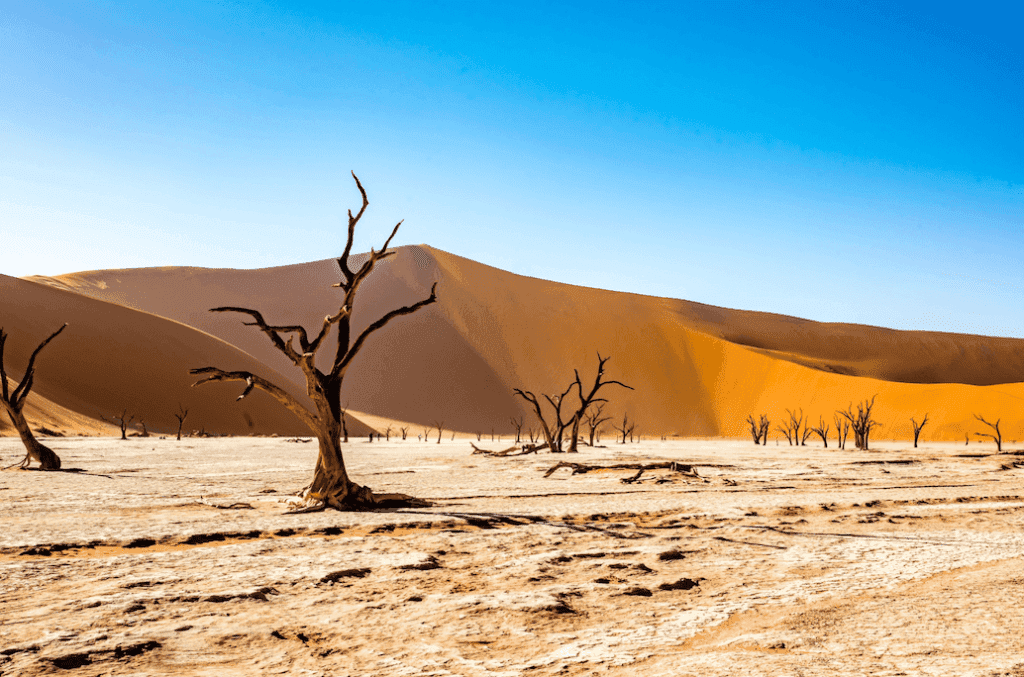On the occasion of the World Day to Combat Desertification and Drought, celebrated on June 17, the alert is once again raised about the growing severity of land degradation on a global scale. Under the theme “Restore the land, seize the opportunities”, this year’s campaign emphasizes the urgency of rebuilding natural ecosystems to transform threats into resilience levers.
A global environmental emergency
Every minute, four football fields of fertile land disappear, amounting to 100 million hectares per year, according to the UN. This phenomenon, which already affects 40% of the Earth’s surface, directly threatens food security, access to water, and the stability of ecosystems. The economic cost is colossal: nearly 880 billion dollars in annual losses for the global economy, according to António Guterres, UN Secretary-General.
Morocco facing increased vulnerability
In this global context, Morocco is not spared. Its arid to semi-arid climate particularly exposes the southern, Oriental, and central regions to desertification. This is compounded by strong pressure on natural resources, accelerating land degradation and the worrying decline of groundwater levels.
According to Abderrahim Houmy, director general of the National Agency for Water and Forests (ANEF), about 10,000 hectares of forests already show signs of decline, across all species. He denounces a gradual collapse of biodiversity, exacerbated by climate change, overexploitation, deforestation, and overgrazing.
Professor Mohammed-Saïd Karrouk, a climatology specialist, also highlights the role of irresponsible human behaviors, such as forest fires, in amplifying the effects of drought and soil erosion.
A structured national response
In response to this situation, the Kingdom is deploying an ambitious strategy. The roadmap is based on:
- The “Green Generation 2020-2030” plan, which promotes resilient agriculture that respects natural resources.
- The National Water Plan (PNE), aimed at rationalizing water use and addressing water stress.
- The “Forests of Morocco 2020-2030” strategy, launched by ANEF, which aims to restore 600,000 hectares of forests by 2030.
The Agency is also focusing on water-saving technologies, digital tools to optimize reforestation, and participatory governance involving local populations for better resource management.
An integrated approach for resilience
By combining massive reforestation, modernization of agricultural practices, concerted management of natural resources, and territorial mobilization, Morocco seeks to build a sustainable model that reconciles ecology and socio-economic development.
These actions reflect the national will to respond effectively to the challenges of climate disruption, with the ambition to make land restoration a lever for future and shared prosperity.
Source MAP


